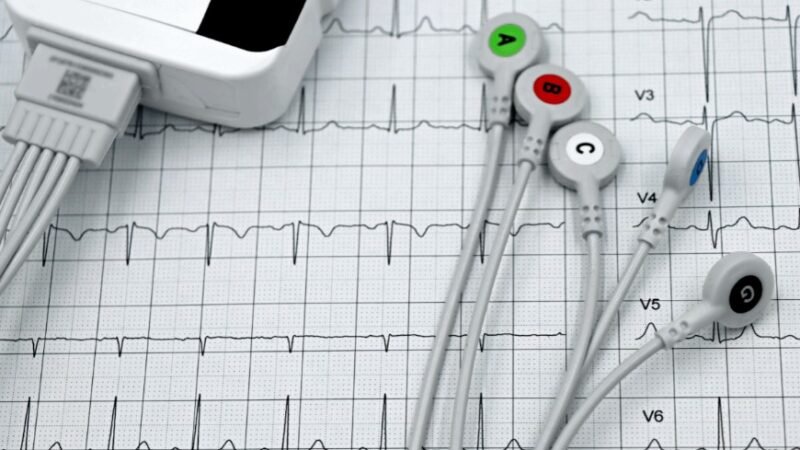Cervical Cancer Prevention: Symptoms, Risks, and Screening Recommendations

Cervical cancer, a disease affecting the cells of the cervix, remains a significant health concern despite a marked decrease in death rates over the past 40 years, largely due to increased Pap test usage. According to the Centers for Disease Control and Prevention (CDC), approximately 11,500 new cases are diagnosed annually in the United States, with about 4,000 deaths attributed to the disease.
Recognizing Symptoms
Cervical cancer may not show symptoms in its early stages. As the condition progresses, individuals might experience:
- Abnormal vaginal bleeding (e.g., post-intercourse, post-menopause, or between periods).
- Unusual vaginal discharge, potentially including blood.
- Pain during intercourse.
- Pelvic pain.
Because these symptoms can also indicate other health issues, prompt medical evaluation is critical.
Understanding Risk Factors
Several factors can increase the likelihood of developing cervical cancer:
- HPV Infection: The primary risk factor, caused by high-risk strains of the human papillomavirus.
- Sexual History: Early sexual activity, multiple partners, or high-risk partners.
- Smoking: Doubles the risk compared to non-smokers.
- Immune System Deficiency: Conditions like HIV or treatments suppressing immunity.
- Family History: A familial link increases risk.
Promoting Cervical Health
Adopting healthy lifestyle changes can help lower cervical cancer risk:
- HPV Vaccination: The HPV vaccine is recommended for individuals aged 9-12, with catch-up vaccines available up to age 26 and optional vaccines for those 27-45 after consulting a doctor.
- Healthy Diet: Incorporating fruits, vegetables, and a Mediterranean-style diet can reduce risks.
- Regular Exercise: Just 30 minutes of aerobic activity daily lowers the risk.
- Safe Sexual Practices: Using condoms and limiting sexual partners helps reduce HPV exposure.
Screening Guidelines
Sarah Cannon, the Cancer Institute of HCA Healthcare, provides the following screening recommendations:
- Ages 21-29: Pap test every three years.
- Ages 30-65: Pap test every three years, HPV test every five years, or a combination every five years.
- Ages 65+: Testing may stop for those with no history of cervical cancer or precancer and a history of normal results, except for individuals with risk factors requiring extended screening.
Cervical cancer is highly preventable with proper vaccination, screening, and attention to modifiable risk factors. Speak with your healthcare provider to determine your risk and establish a screening schedule that suits your needs. Early detection is key to successful treatment and outcomes.






